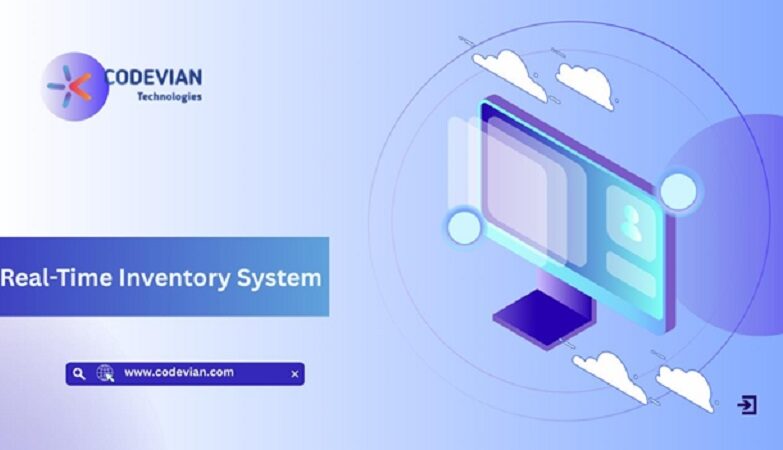A server is a system that across a network distributes information, resources, services, or programs to other computer devices known as clients. In general, computers are considered servers when they pool resources with client machines. Application servers, virtual servers, mail servers, and web servers are among the several types of servers.
Uses of a server
Servers are in charge of the network’s contents. A user might set up a server to regulate access to the network, send or receive e-mails, oversee printing, or host a website, for instance. They’re also capable of doing complex calculations. Certain servers, known as dedicated servers, are linked to a particular task. Many modern servers, on the other hand, are shared servers that handle e-mail, FTP, DNS, and, in the case of a web server, several websites.
What are the benefits of a strong server by WeHaveServers.com?
Provides Scalability –
Servers are specially built to connect and gain access to resources from numerous machines. Regular PCs have far fewer capabilities in this area, so you won’t be able to scale up as your demands change.
Cost –
While a server is initially somewhat costly, it’ll save you money over the long term. For example, as it may be accessed by a large number of individuals, you may not require as many software licenses. You can also buy cheaper PCs and then have the server do the majority of the computing and other tasks.
Reliability –
Servers are much more trustworthy than regular PCs since they are designed with higher-quality elements. Furthermore, many servers come with built-in resiliency to assist prevent disruption even if one component fails.
Maintenance is simple –
Servers operate software and provide other services to a large number of users. It’s simpler to implement and assist a huge group of people when everything is in a single area.
Collaboration –
Storing files and other items on a server makes it very easy to collaborate with others. All have access to the data and can collaborate on tasks.
Power –
Servers are just not still more potent than Computers, but at the upper end, there’s greater room for expansion. High-end servers have more processor, RAM slots, and capacity than a standard PC, allowing for better performance.








